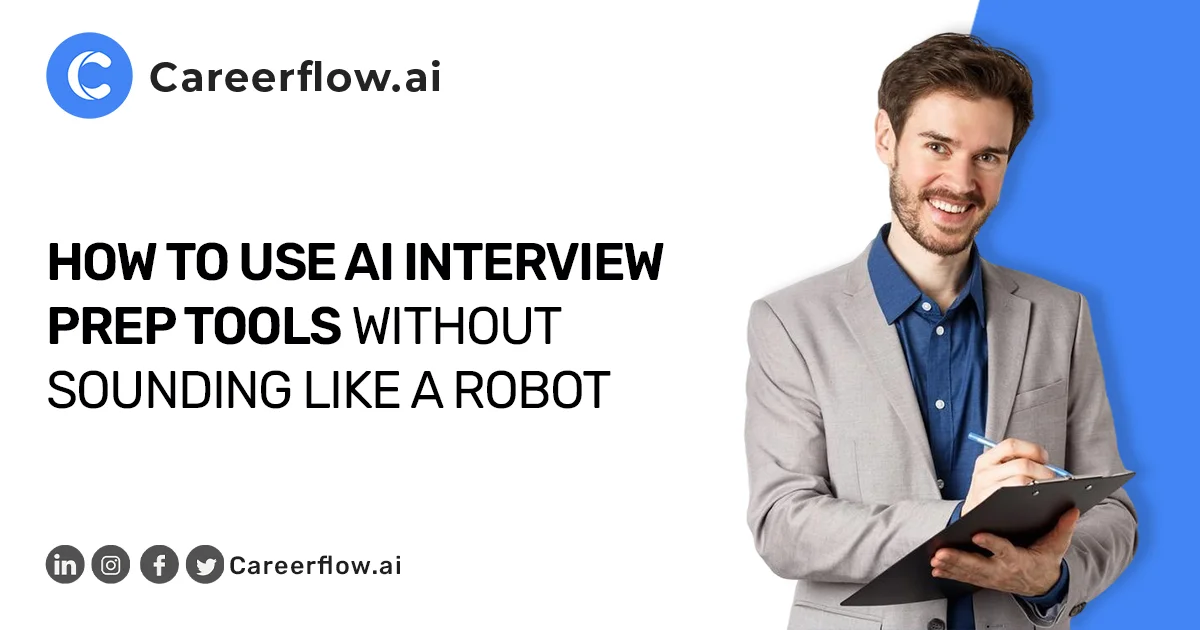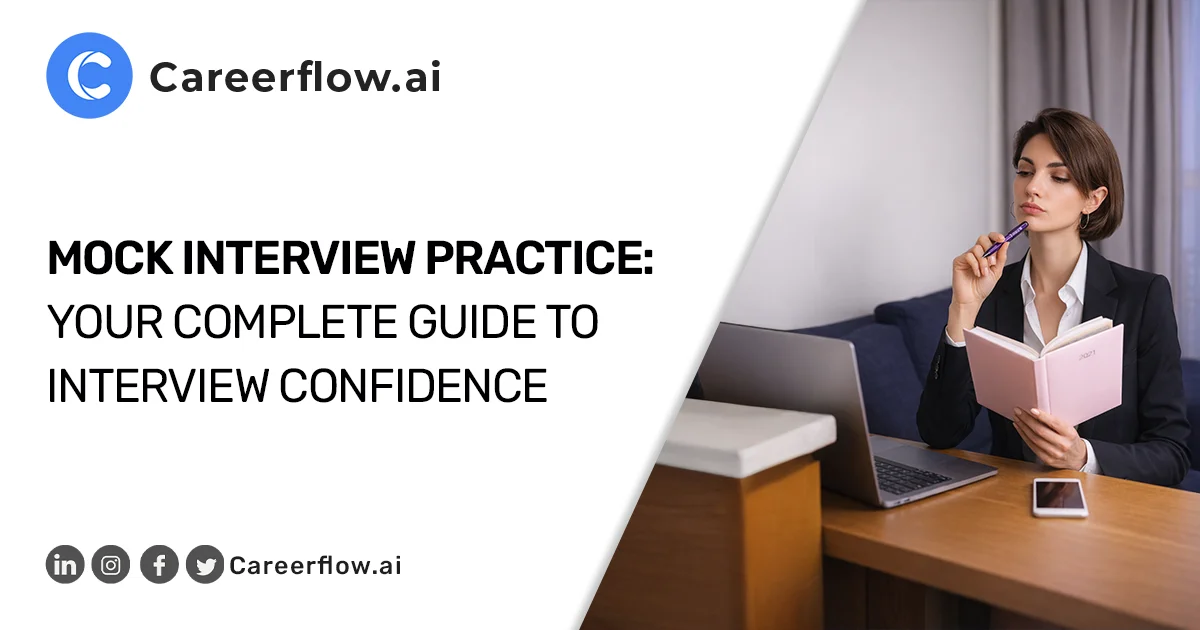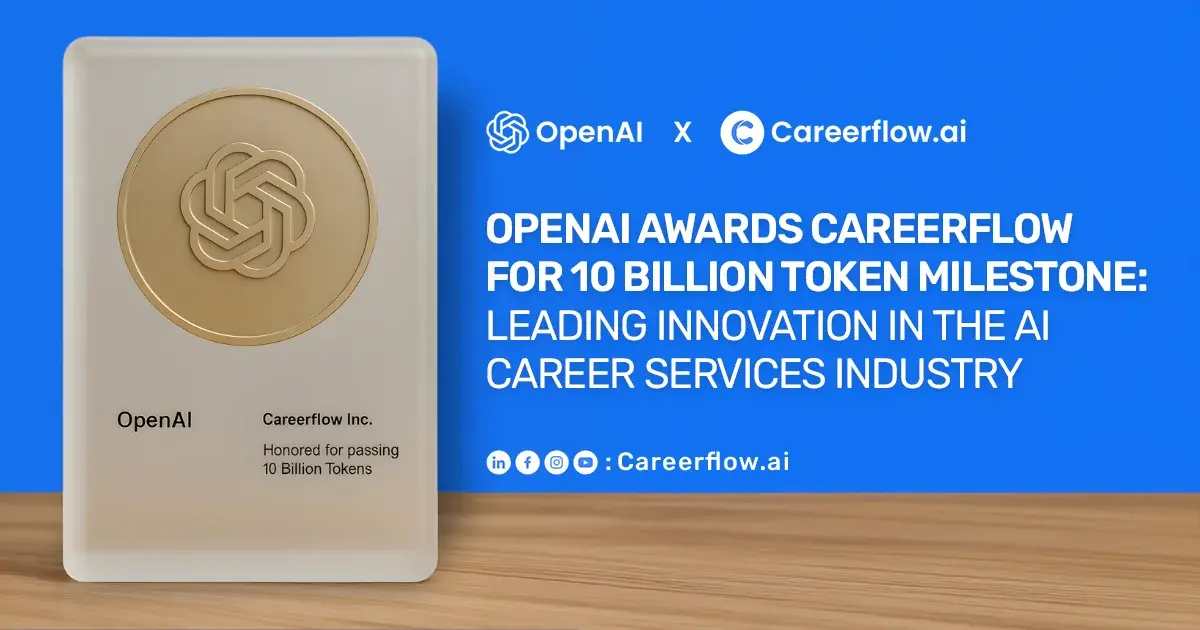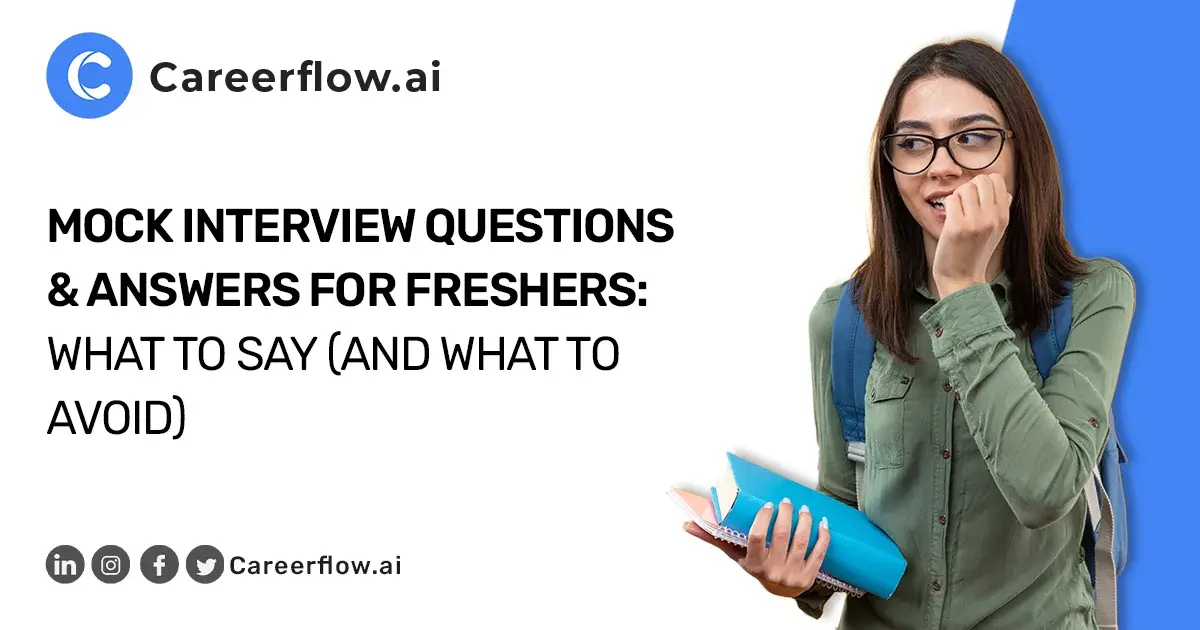In today's competitive job market, your resume and LinkedIn profile are the first things any recruiter will notice. They work in a pair, presenting a comprehensive picture of your professional journey and aspirations to potential employers. But what happens when that picture gets a little blurry because your resume on LinkedIn is out of date?
If you're an active job seeker or even just keeping an eye on new opportunities, you've likely uploaded your resume to LinkedIn at some point, either on your profile, through an Easy Apply application, or both. But your career isn't static, and neither should your resume be. Keeping it updated on LinkedIn is crucial. Read this article to learn how to update your resume on Linkedin effectively so that it can significantly impact your job search success.
If you haven’t added one to your profile yet, take a look at our guide on How to Upload Your Resume to LinkedIn instead.
Why Updating Your Resume on LinkedIn is Important
Think of your resume and LinkedIn profile as two sides of the same coin. Recruiters and hiring managers frequently view them side-by-side to get a complete understanding of your qualifications. Inconsistencies between the two can be a major red flag, raising questions about your attention to detail or even the accuracy of your information. An outdated resume, especially when paired with a more current LinkedIn profile, can create confusion and undermine your credibility.
Beyond the side-by-side comparison, LinkedIn frequently uses the recently uploaded resume for its Easy Apply system. If you're relying on this convenient feature to quickly apply for jobs, an outdated resume attached to your previous applications can reduce your chances of landing the job. You might be applying for a role that requires skills you've recently acquired, but if your resume doesn't reflect them, you're missing out.
Also, if you've changed jobs, learned new skills, earned new qualifications, or are targeting a new role entirely, your resume must reflect these advancements. Regularly updating your resume on LinkedIn ensures that your most current achievements and aspirations are always front and center.
Where Your Resume Might Be Stored on LinkedIn
Your resume is stored in the LinkedIn featured section, your profile’s About or Experience section, and LinkedIn’s Easy Apply system. So, before answering how to update your resume on linkedin, let’s dive into each section to ensure you're updating the right version for the right purpose.
- Your LinkedIn profile "Featured" section: This section on your profile is designed to showcase your best work, and many users choose to upload their resume here for easy access by visitors to their profile.
- Your profile's "Media" section under About or Experience: Similar to the Featured section, you might have uploaded your resume as media associated with your "About" summary or a specific "Experience" entry. This makes it relevant to a particular part of your professional story.
- LinkedIn "Easy Apply" system (attached to previous applications): This is perhaps the most common, and often overlooked, place your resume resides. When you use the Easy Apply feature, LinkedIn saves the resume you uploaded with that application. The platform will then often pre-fill this saved resume for subsequent Easy Apply submissions, even if it's no longer your most current version.
How to Update Your Resume on LinkedIn in Each Location
Now, let's get down to the practical steps for how to update a resume on Linkedin in each of these areas.
Updating Your Resume in the LinkedIn Featured Section
If you've displayed your resume in your LinkedIn profile's "Featured" section, here's how to change it with an updated resume:
- From your LinkedIn homepage, click on your profile picture in the top right corner and select "View Profile."
- Scroll to the "Featured" section, typically located below your "About" summary.
- Hover over the "Featured" section, and a pencil icon (or "Add" if you don't have anything featured yet) will appear. Click it.
- In the edit window, you'll see your current featured content. Locate your resume file, and you should see an option to "Remove" or a trash can icon next to it. Click this to delete the outdated version.
- Now, you'll see an option to "Add media" or "Upload media." Click this and select your most recent resume file from your computer. Lastly, click on the save button to ensure your updated resume is now live in your Featured section.
Updating Your Resume in "Media" Under About or Experience
If your resume is attached as media to your "About" section or a specific "Experience" entry, the process is similar:
- Go to your LinkedIn Profile. (Same as mentioned above)
- Navigate to either your "About" section or the specific "Experience" entry where your resume is attached.
- Click the pencil/edit icon to edit that section.
- Within the edit window for that section, you'll see the attached media. Just like with the Featured section, you'll find an option to "Remove" or a trash can icon next to your old resume file. Click to remove it, then select "Add media" or "Upload media" to upload your new resume.
- Remember to click "Save" or "Apply" to finalize the update.
Updating Your Resume in the LinkedIn Easy Apply System
This is where many job seekers get stuck. LinkedIn often defaults to the last resume you uploaded for an Easy Apply application. Here's how to ensure you're always submitting your most current resume:
- As you go through the Easy Apply process for a new job, LinkedIn will often pre-fill your contact information and may display a previously uploaded resume.
- There, look for the "Upload Resume" or "Change Resume" option. This is your opportunity to replace the old file with your most recent version.
- Click this button, navigate to your updated resume on your computer, and upload it.
Managing resumes in "Job Application Settings
LinkedIn also provides a centralized place to manage your stored resumes within the "Jobs" tab.
- Click on the "Jobs" icon in your LinkedIn navigation bar.
- On the left-hand sidebar, look for "Job Application Settings" or a similar option.
- Within these settings, you should see a section for "Resume" or "Upload Resumes." Here, you can view the resumes LinkedIn has saved for your Easy Apply applications, delete old versions, and upload new ones. It's a good practice to periodically review this section to ensure only your most current and relevant resumes are stored here.
Pro Tips for Syncing Resume and LinkedIn Profile
While updating your resume on LinkedIn is important, it's equally essential to ensure that your resume and your LinkedIn profile are in harmony. Think of them as complementary documents, each playing a unique role in your job search.
- Align your headline, summary, and work history. Your LinkedIn headline and the summary (or "About" section) on your profile should broadly align with the summary or professional objective on your resume. Similarly, the job titles, company names, and dates of employment in your LinkedIn experience section should precisely match your resume. Inconsistencies here are easily spotted and can cause doubt.
- Use the resume to go deeper into accomplishments. Your LinkedIn profile can focus on highlights: Your resume is typically a more detailed document, allowing you to elaborate on specific projects, quantifiable achievements, and technical skills. Use strong action verbs and metrics on your resume to showcase your impact. Your LinkedIn profile can be more concise, focusing on the broader scope of your roles and key highlights that capture attention. Think of your LinkedIn profile as the "trailer" and your resume as the "full movie."
- Set a recurring reminder to update your resume(s) and LinkedIn profile. Your monthly, quarterly (every 3 months), or every 6 months. This proactive approach ensures that any new skills, experience, qualifications, or position titles are promptly reflected, keeping your professional brand polished and ready for opportunity.
Common Mistakes to Avoid When Updating Your Resume On LinkedIn
It's easy to make mistakes when managing your resume on LinkedIn. Being aware of these pitfalls can save you time and prevent missed opportunities.
- Leaving an outdated resume in your profile while actively job hunting. This is perhaps the most common and damaging mistake. If recruiters are viewing your profile, an outdated resume can make you seem less qualified than you are or suggest a lack of attention to detail.
- Forgetting to update LinkedIn when your resume changes. Every time you significantly revise your resume (e.g., adding a new job, significant accomplishments, or skills), make it a habit to also update the corresponding sections on your LinkedIn profile and any resumes stored in your LinkedIn Easy Apply settings.
- Uploading resumes with inconsistent formatting or missing information. Ensure that any resume you upload to LinkedIn, regardless of its purpose (profile display or Easy Apply), is professionally formatted, easy to read, and free of typos or grammatical errors. Missing crucial contact information or essential sections can be a deal-breaker.
- Not customizing your resume for each application, especially if LinkedIn Easy Apply is involved. While convenient, Easy Apply often uses a generic resume. For jobs you're truly interested in, always take the time to tailor your resume to the specific keywords, skills, and requirements mentioned in the job description. Even if you're using Easy Apply, you have the option to upload a customized resume for that specific application.
Use AI to Help You Edit and Refresh Your Resume
The good news is that you don't have to tackle the resume update process alone. AI tools can be invaluable allies in refining and perfecting your resume.
- Careerflow’s Resume Builder. Tools like Careerflow’s Resume Builder can help you quickly update your resume's layout, optimize your bullet points for impact, and ensure consistent formatting.
AI Cover Letter Generators: Beyond your resume, a tailored cover letter can make a significant difference. AI Cover Letter Generators can draft personalized cover letters for each job application, saving you time and ensuring your message resonates with the specific role and company. These tools can analyze the job description and your resume to generate highly relevant content.


.webp)
.webp)





